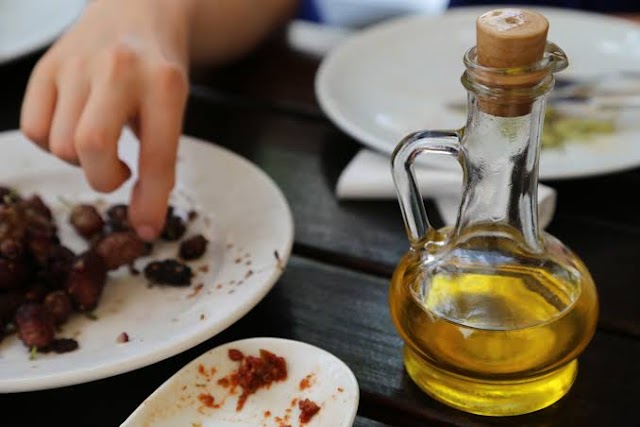 |
| Chicory seeds |
 |
| Chicory leaves and flower |
When Hindaba (chicory) is used as a bandage, it will relieve gastric inflammations, gout and hot ocular inflammations (in the eyes). In cases of scorpion stings, Hindaba helps when its leaves and stems are used as a bandage. Hindaba strengthens the stomach and opens the clogs in the kidneys, spleen, veins and intestines. It clears and purifies the kidneys and helps them against the various hot and cold aches.
Sour Hindaba is the best for liver, while its extract helps against jaundice, especially when mixed with wet fennel extract. When Hindaba leaves are crushed and placed on hot swellings, they will cool and dissipate them. Hindaba cleanses and clears the chest and dissipates the heat of irritated blood and bile.
The best way to eat Hindaba is without washing it so as to preserve its effective ingredients. Hindaba works as an effective antidote against most poisons. When Hindaba extract is used as eyeliner (KOHL), it will clear and cleanse the eyes. Hindaba leaves are used in antidotes against scorpion stings, and against most poisons as we have stated. When Hindaba is squeezed and its water is mixed with oil, it will help against all toxic substances in general. When Hindaba stems are squeezed and their water drunk, it will help against scorpion and hornet stings and against snakebite. Finally, the sap of its stems brightens the white area in the eye.






.jpeg)
0 Comments